The world of emulation has always been a topic of heated debate, particularly in gaming communities. Nintendo, a gaming giant known for its iconic franchises and hardware, has long been protective of its intellectual property. This stance has become increasingly apparent in recent actions the company has taken against YouTube creators showcasing its games running on emulators. A key example of this is the case of Retro Game Corps, a prominent YouTube channel that reviews emulation devices capable of running classic Nintendo titles from systems such as the NES and Wii U. Recently, Nintendo issued a copyright strike against the channel, leading to growing concern about how far the company is willing to go to protect its games.
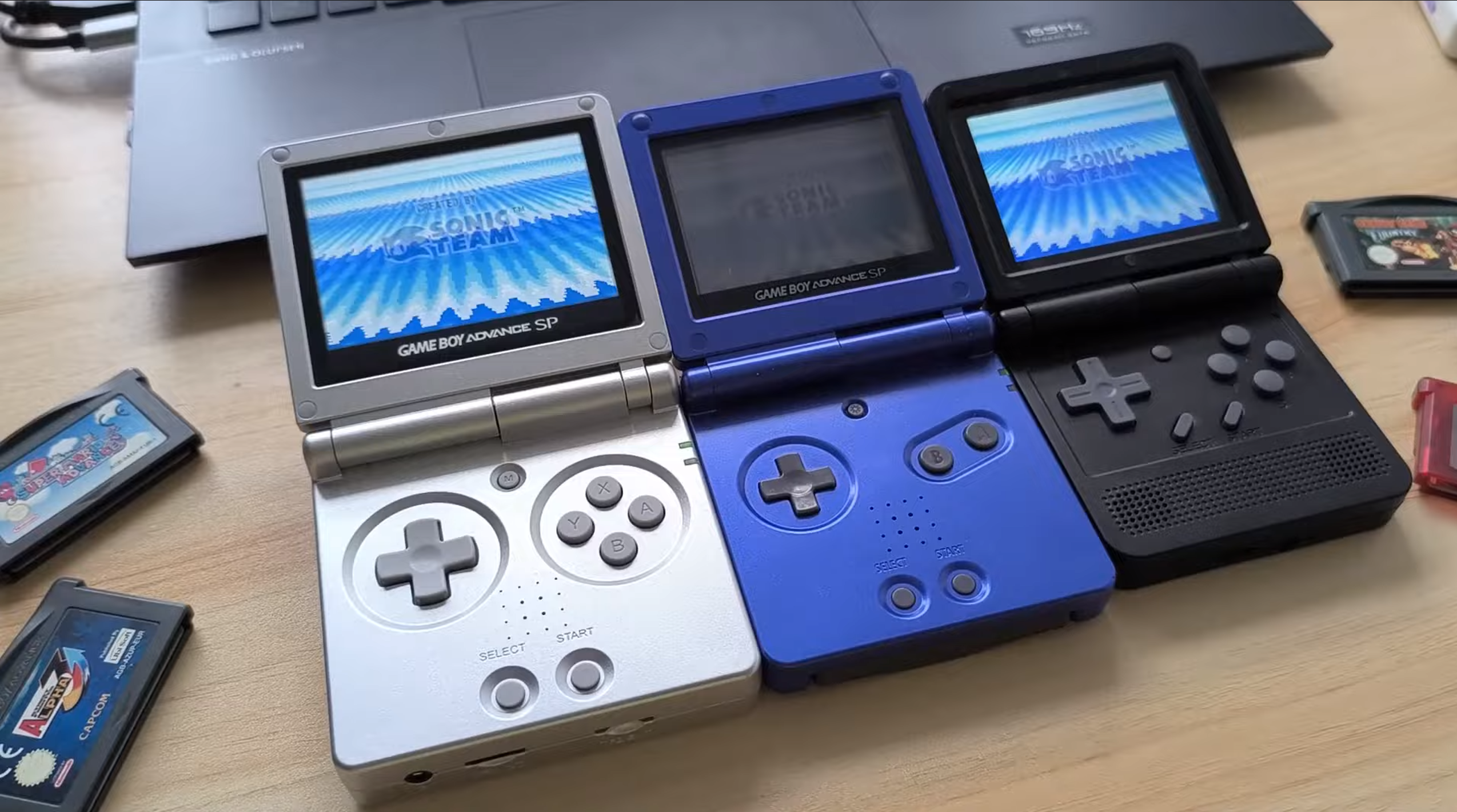
Nintendo Emulation Legal Actions: A Look at Recent Copyright Strikes
Nintendo’s commitment to defending its intellectual property is nothing new. The company has taken an aggressive approach in dealing with content creators who demonstrate or promote emulation of its games. Most recently, Retro Game Corps found itself in Nintendo’s crosshairs. As first reported by Time Extension, Russ, the host of Retro Game Corps, shared through social media that he had received another copyright strike from Nintendo. The latest strike involved a video showcasing a Wii U emulator. As a result of this action, Russ has been forced to reassess his approach to creating content.
“I hate making posts like this, but I received another copyright strike this morning. I’m going to have to change the way I make videos,” Russ announced on social media, highlighting how the copyright strike had forced him to remove his video. This marks a pivotal moment in the ongoing debate surrounding emulation, especially as it relates to fair use and content creators’ freedom to showcase gaming hardware and software. For content creators like Russ, this strike is more than just a legal setback—it represents a need to rethink the type of content that can be safely shared.
Nintendo Emulation and Fair Use: The Legal and Ethical Questions
The core of the emulation debate revolves around the concept of fair use, which allows limited use of copyrighted material for purposes such as commentary, criticism, education, and research. Russ has voiced his belief that his content should fall under fair use, as his videos are primarily educational and serve to demonstrate hardware capabilities rather than impact the market for original Nintendo games. He has expressed concern over whether he is being specifically targeted by Nintendo due to the nature of his content. In a YouTube statement, Russ noted, “It does appear that my worst fears are true,” indicating that he may be seen as a high-profile target due to his focus on emulation devices.
Despite his arguments for fair use, Russ remains hesitant to take legal action against Nintendo. He mentioned the possibility of filing a counterclaim but is understandably cautious, given the complexities of battling a corporate giant like Nintendo. Ultimately, Russ has decided to exclude Nintendo games from his future content. “I love using those games for my hardware demonstrations,” he said, but it’s clear that the risks of continuing to feature Nintendo titles have become too great for him to ignore.
This raises an important question for other content creators in the emulation space: Where does fair use end, and copyright infringement begin? While emulation devices and software are often used to preserve gaming history, many of these devices come pre-loaded with games for which no royalties are paid to the original copyright holders. This creates a legal grey area, where emulation advocates must tread carefully to avoid facing the same legal consequences as Russ.
A Broader Legal Battle: Nintendo vs. Pocketpair and Palworld
Beyond its actions against individual YouTubers, Nintendo’s legal efforts extend to other fronts as well. In September 2024, the company filed a patent infringement lawsuit against Pocketpair, the developer of the popular game Palworld. The lawsuit, filed in Tokyo District Court, alleged that Pocketpair violated multiple Nintendo patents and sought both an injunction and compensation for damages.
While the specifics of the patent infringement claims are still unfolding, this case underscores the lengths to which Nintendo is willing to go to protect its intellectual property. Whether targeting individual content creators or entire companies, Nintendo’s actions reveal a broad legal strategy focused on safeguarding its market dominance and ensuring that its games are not misused or replicated without proper authorization.
Content Creators Adjusting to the New Landscape
For creators like Russ, Nintendo’s actions signal a shift in the way they must approach content creation. With two strikes already on his YouTube channel, he acknowledges that his options are becoming increasingly limited. “I know this is disappointing news, but with now two strikes on my channel, I don’t really have any other choice except to adjust accordingly,” Russ stated. Given that three copyright strikes can lead to a channel’s termination on YouTube, Russ’s decision to pivot away from Nintendo content is a practical one.
Russ’s situation mirrors that of many other content creators who cover emulation. Channels that focus on retro gaming or hardware demonstrations often find themselves walking a fine line between showcasing the capabilities of modern technology and infringing on the intellectual property rights of gaming companies. The closure of platforms like the Wii U’s online store only adds to the complexity, as some argue that these systems are no longer being monetized by the companies that produced them, making the preservation of their games through emulation a valuable service to the gaming community.
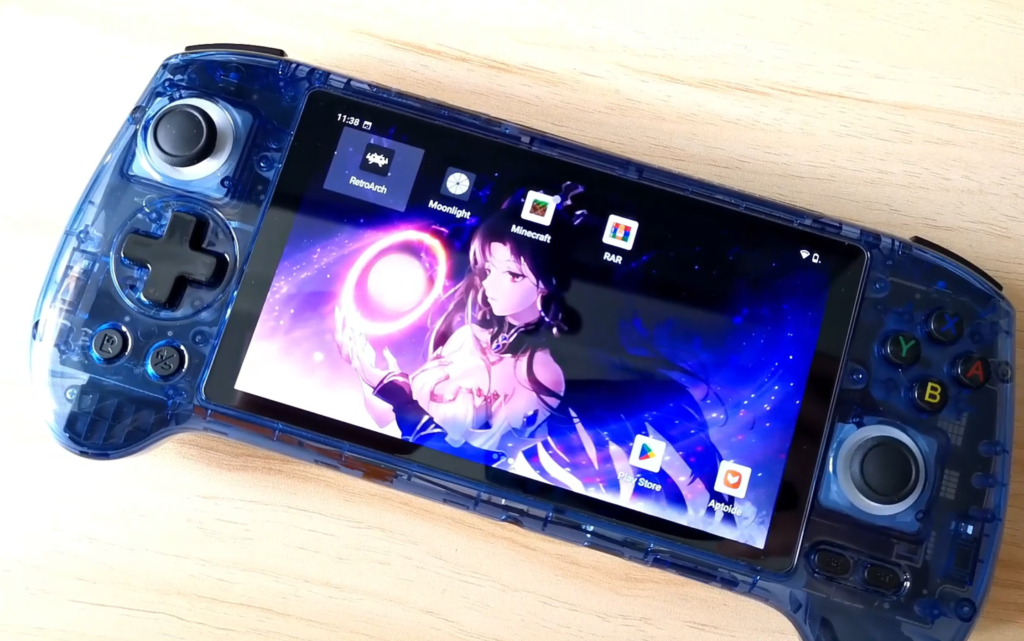
The Role of Game Preservation in the Nintendo Emulation Debate
One of the most compelling arguments in favor of emulation is the preservation of classic games, many of which are no longer available through official channels. As Russ pointed out, the Wii U is no longer in production, and its online store has been closed, meaning Nintendo no longer generates revenue from the system or its games. Emulation advocates argue that preserving these games through emulation is essential to keeping gaming history alive. Without emulation, many classic titles would simply disappear, inaccessible to future generations of gamers.
However, this argument is not without its critics. Emulation, particularly when it involves pirated games, raises ethical and legal concerns. Handheld emulation devices, many of which come pre-loaded with hundreds of games, are often seen as violating copyright laws. As a result, companies like Nintendo are well within their rights to take legal action against creators who promote such devices.
This brings us to a critical question: Where do we draw the line between game preservation and copyright infringement? If companies like Nintendo continue to take legal action against emulation advocates, what does this mean for the future of game preservation? These are questions that remain largely unresolved, and as the legal landscape continues to evolve, so too will the strategies of content creators and emulation advocates.
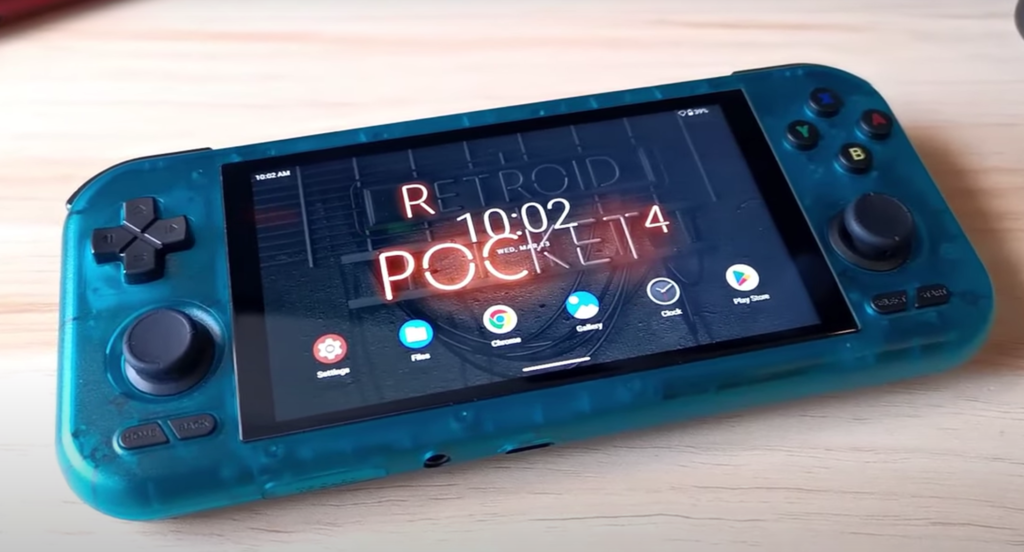
What’s Next for the Emulation Community?
The tension between Nintendo and the emulation community shows no signs of easing anytime soon. As more creators like Russ find themselves the target of copyright strikes, the question becomes whether content creators will be forced to abandon coverage of certain games and consoles altogether. This could lead to a chilling effect on discussions of emulation, with creators shying away from anything that might provoke a legal response from companies like Nintendo.
On the other hand, the push for game preservation is stronger than ever, with many in the gaming community calling for more flexible copyright laws that allow for the preservation of old games that are no longer being actively sold. In the absence of such reforms, emulation may remain a legally grey area, with creators constantly at risk of facing copyright strikes or lawsuits.
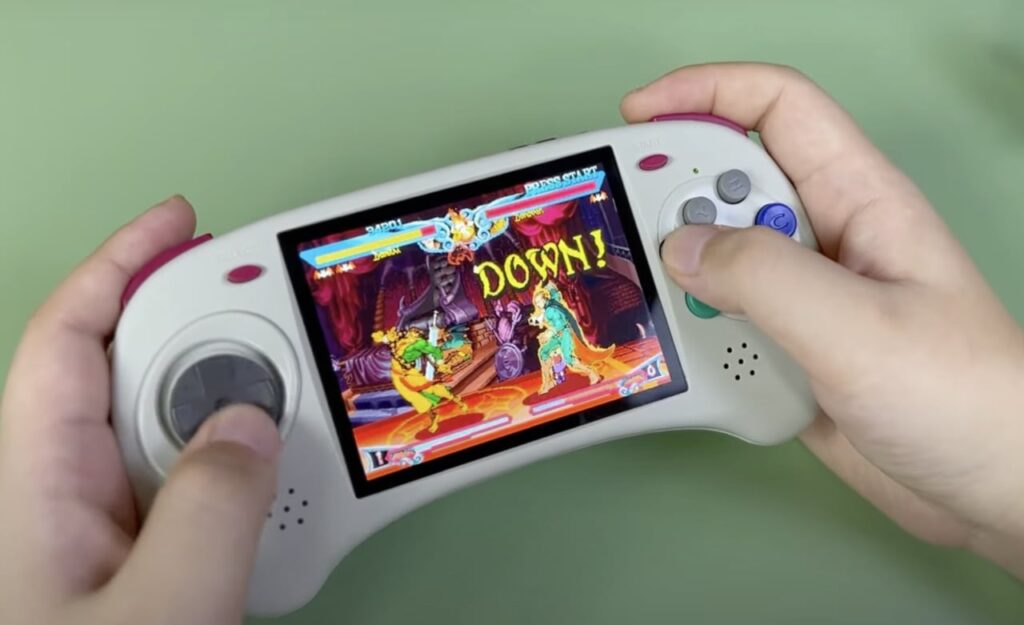
Conclusion
The ongoing battle between Nintendo and the emulation community highlights the complex intersection of intellectual property law, content creation, and game preservation. While companies like Nintendo have the right to protect their games from unauthorized use, the emulation community’s desire to preserve gaming history is a compelling counterargument. As creators like Russ from Retro Game Corps adjust their content strategies in response to copyright strikes, the broader emulation community will likely continue to wrestle with the legal and ethical implications of their work. The future of game preservation, and the role that emulation will play in it, remains uncertain, but one thing is clear: the conversation is far from over.
What do you think? Should Nintendo continue to issue copyright strikes against creators who feature its games through emulation, or should more be done to preserve older titles that are no longer available through official means? Let us know your thoughts in the comments below.

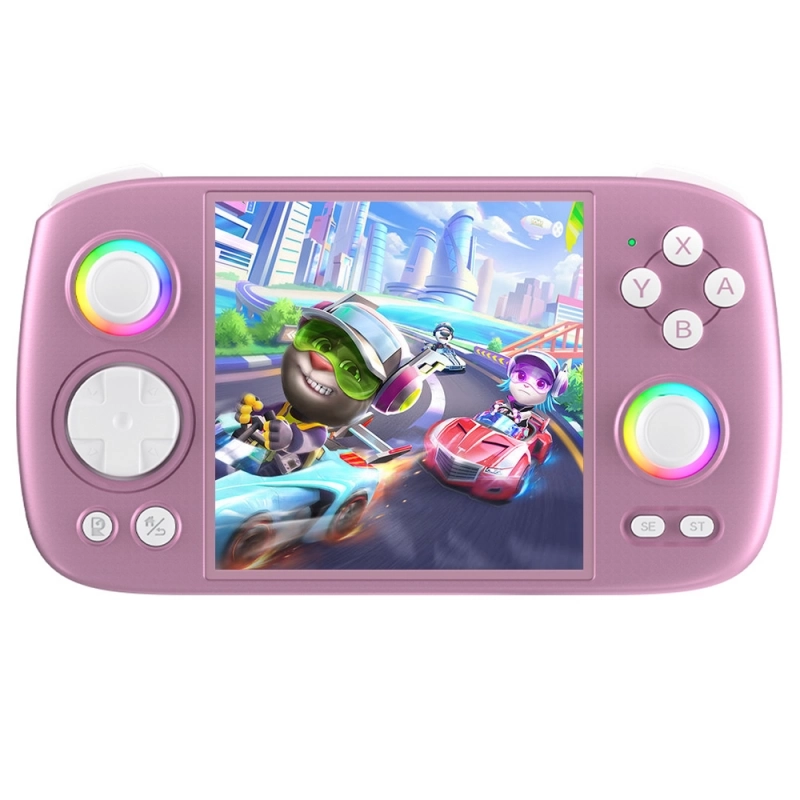

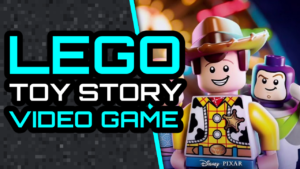
Hey people!!!!!
Good mood and good luck to everyone!!!!!